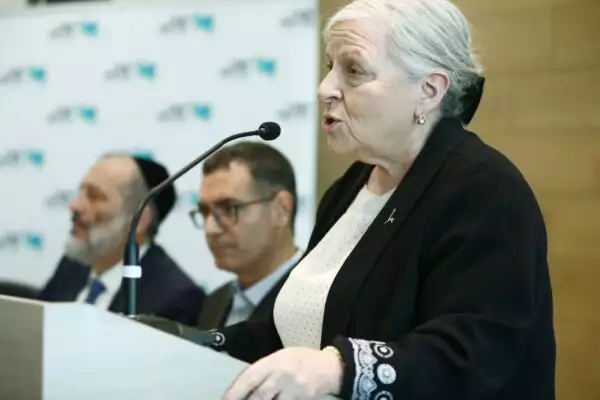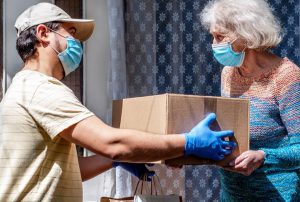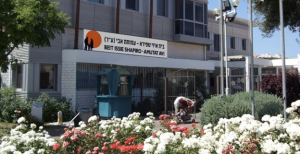Good Health and Well-Being


Home » Good Health and Well-Being » SDG 3 – Responsibility for our Seniors-By Dr. Eitan Eliram Lead Innovation Strategist May 2024
SDG 3 - Responsibility for our Seniors
As far as we can tell, Israel’s new Government has yet to stabilize – as perhaps demonstrated by the fact that less than a month since the swearing-in the Health Minister has already been replaced (for reasons unrelated to the portfolio itself).
Having said that, activities to further strengthen a fairly resilient safety net continue in full force. A great example of this is the recent decision to expand the “health basket” to include more than 120 new medications and treatments – including (Hebrew) expanded allocations for pregnancy termination and surrogacy for homosexual couples. This development certainly dovetails with the country’s efforts to advance SDG3 – the UN goal of good health and well-being – as reflected by an earlier announcement regarding a 7.4% decrease in the cost of prescription drugs.
While such decisions positively affect the population at large, they can have special importance for the elderly (particularly those in lower socio-economic categories). This is clearly the case with the “health basket” decision regarding vaccinations against shingles for at-risk populations and those age 65 and over. Such is probably also true concerning medications and treatments of kidney, neurological, pulmonary and cardiac diseases.


According to a new report (Hebrew) by Israel’s National Insurance Institute (NII), the country’s life expectancy is now among the highest in the OECD; if the forecast for 2050 is realized, by then there will be more people age 60 and over than children.
This growth comes with responsibility, of course. Today, 309,435 of the country’s seniors receive some sort of nursing care – of these, about 55,000 are in particularly serious condition; in the past four years, alone, more than 131,000 seniors have joined those already receiving support from the state.
In addition, NII data indicates that of the approximately 1 million Israelis facing food insecurity in 2021, 12% are over retirement age.
These figures take on particular significance as the world commemorates International Holocaust Day (January 27). In this context, the Social Services Ministry offers a range of support activities to Holocaust survivors in Israel via totally free programs tailored specifically to their needs – including those that provide financial support, strengthen independent living abilities, ensure food security, alleviate loneliness, provide legal assistance, as well as enrich social and cultural experiences (including in the homes of those who aren’t able to leave them).
Efforts in Israel to back the country’s responsibility toward its seniors with concrete action is a matter of routine; indeed, a month ago a new agreement was signed between the Government and an independent body for affordable housing specific to their needs. As the elderly population grows, good to see that it isn’t being left behind.
Related articles


SDG3-NUVO’s AI innovations, providing safety for mothers and their kin–By Dr. Eitan Eliram Lead Innovation Strategist
Good Health and Well-Being NUVO’s AI innovations, providing safety for mothers and their kin Nuvo, an Israeli start-up is determined to reduce the maternal mortality


SDG3-Leveraging Volunteerism Against COVID19–By Dr. Eitan Eliram Lead Innovation Strategist
Good Health and Well-Being Leveraging Volunteerism Against COVID19 Israel is well into its second national lockdown due to the COVID19 pandemic, making it the first


SDG 3 – Setting the Global Standard for Special Needs Health Services
Reduced Inequalities Part of achieving the UN’s Sustainable Development Goal of Good Health and WellBeing (SDG-3) also means creating societies in which those with disabilities,


















